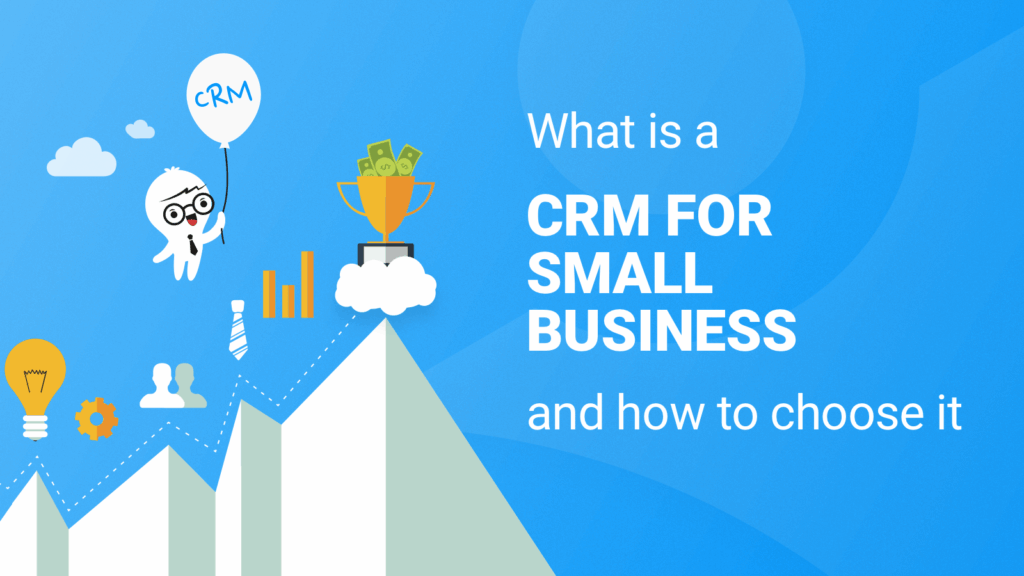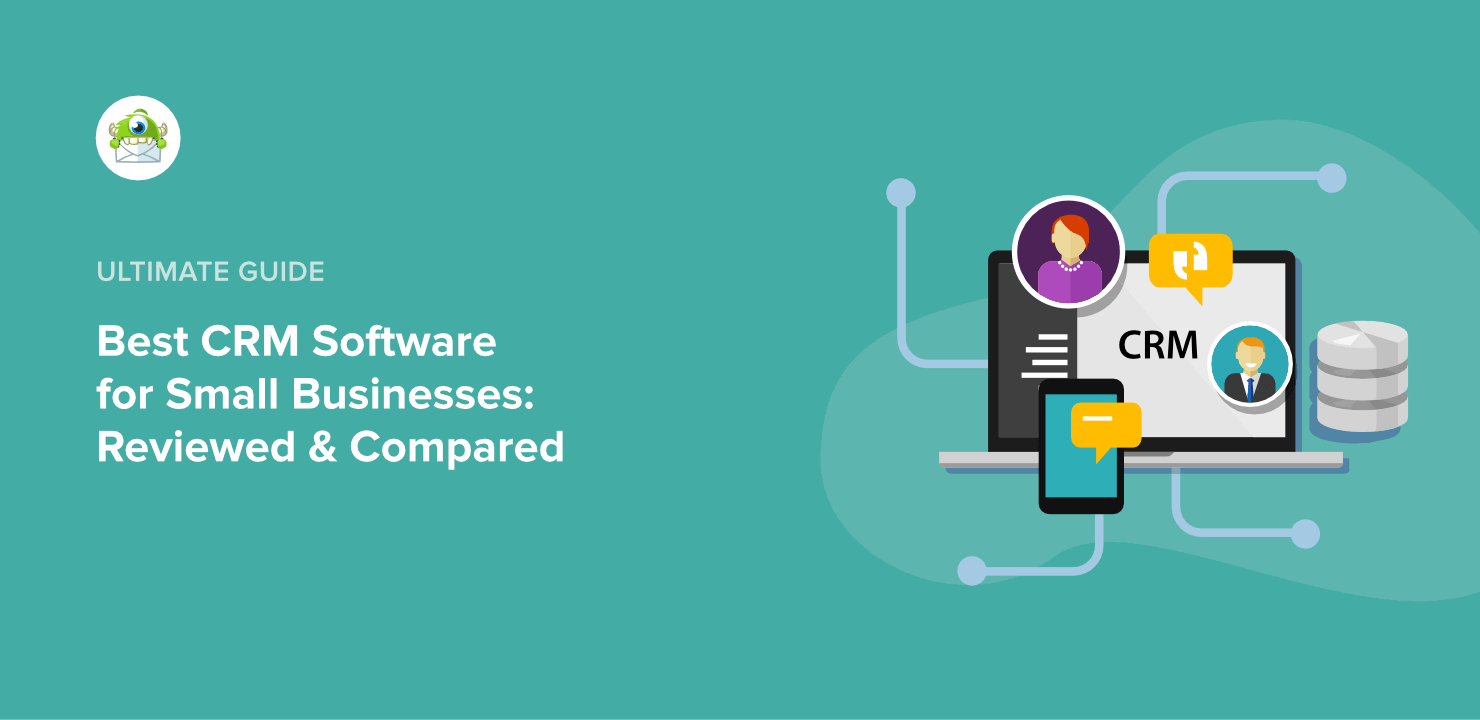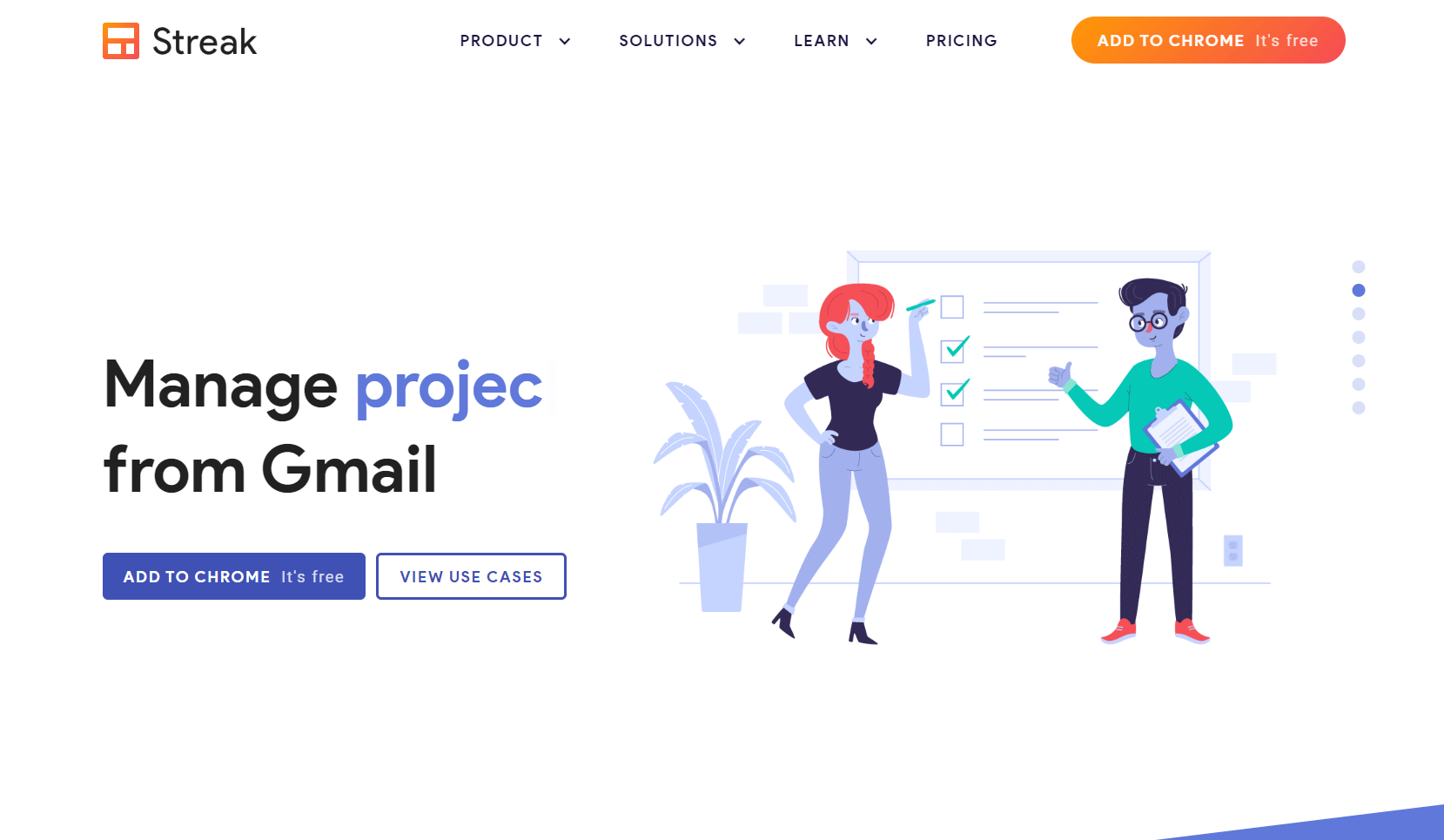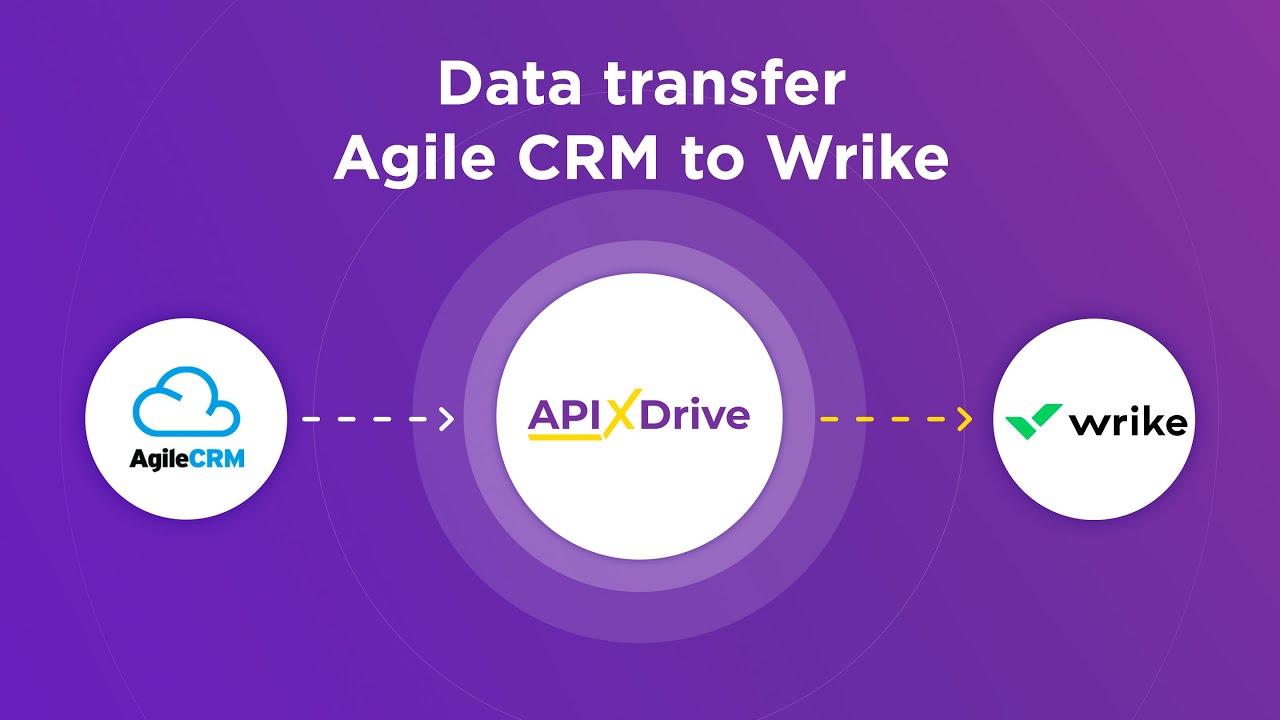Boost Your Indonesian Small Business: A Comprehensive Guide to CRM Solutions

Boost Your Indonesian Small Business: A Comprehensive Guide to CRM Solutions
Running a small business in Indonesia is a dynamic and rewarding experience. From the bustling streets of Jakarta to the serene landscapes of Bali, the Indonesian market offers incredible opportunities. However, navigating the complexities of customer relationship management (CRM) can be a significant challenge. Building strong customer relationships is the lifeblood of any successful enterprise, and in today’s competitive landscape, a robust CRM system is no longer a luxury, but a necessity. This comprehensive guide dives deep into the world of CRM, specifically tailored for small businesses in Indonesia. We’ll explore the benefits, key features, implementation strategies, and top CRM solutions, empowering you to make informed decisions and propel your business forward.
The Power of CRM for Indonesian Small Businesses
What exactly is a CRM? At its core, Customer Relationship Management is a technology that manages all your company’s relationships and interactions with customers and potential customers. It aims to improve business relationships, retain customers, and drive sales growth. For Indonesian small businesses, this translates to:
- Enhanced Customer Understanding: Gain valuable insights into customer behavior, preferences, and purchase history.
- Improved Customer Service: Provide faster, more personalized support, leading to increased customer satisfaction.
- Streamlined Sales Processes: Automate repetitive tasks, track leads efficiently, and close deals faster.
- Increased Sales and Revenue: Convert leads into paying customers and identify opportunities for upselling and cross-selling.
- Better Marketing Campaigns: Target specific customer segments with personalized marketing messages.
- Data-Driven Decision Making: Make informed decisions based on real-time data and analytics.
In the Indonesian context, where personal relationships and trust are paramount, a well-implemented CRM system can be a game-changer. It allows you to nurture customer relationships, build loyalty, and establish a strong brand reputation. This is particularly crucial in a market where word-of-mouth referrals and personal recommendations often hold significant weight.
Key Features to Look for in a CRM for Your Indonesian Business
Choosing the right CRM system is crucial for success. Here are some essential features to consider when evaluating CRM solutions for your Indonesian small business:
1. Contact Management
This is the foundation of any CRM. It allows you to store and manage all your customer information, including contact details, communication history, and purchase information. Look for features like:
- Contact Segmentation: Group customers based on demographics, purchase history, or other criteria.
- Contact Import/Export: Easily import and export contact data from various sources, such as spreadsheets and email clients.
- Duplicate Contact Detection: Prevent redundant entries and ensure data accuracy.
2. Sales Automation
Sales automation streamlines your sales processes, saving time and increasing efficiency. Key features include:
- Lead Management: Track leads from initial contact to conversion.
- Sales Pipeline Management: Visualize and manage your sales pipeline, identifying bottlenecks and opportunities.
- Task Automation: Automate repetitive tasks like sending emails, scheduling follow-ups, and generating reports.
- Deal Tracking: Monitor the progress of deals and track their value.
3. Marketing Automation
Marketing automation helps you engage with your customers and nurture leads. Look for features like:
- Email Marketing: Create and send targeted email campaigns.
- Marketing Automation Workflows: Automate marketing tasks based on customer behavior.
- Lead Scoring: Prioritize leads based on their engagement and likelihood to convert.
4. Customer Service and Support
Providing excellent customer service is essential for building customer loyalty. Look for features like:
- Help Desk Integration: Integrate your CRM with a help desk system to manage customer inquiries and support tickets.
- Live Chat: Provide real-time support to customers through live chat.
- Knowledge Base: Create a knowledge base with FAQs and other helpful resources.
5. Reporting and Analytics
Reporting and analytics provide valuable insights into your business performance. Key features include:
- Customizable Dashboards: Create dashboards that display key performance indicators (KPIs).
- Sales Reports: Track sales performance, identify top-performing products, and analyze sales trends.
- Marketing Reports: Analyze the effectiveness of your marketing campaigns.
- Customer Service Reports: Track customer service metrics, such as response times and resolution rates.
6. Mobile Accessibility
In today’s mobile-first world, it’s crucial to have a CRM system that is accessible on mobile devices. This allows your sales team to access customer information and manage their tasks from anywhere, anytime.
7. Integration Capabilities
Choose a CRM system that integrates with other business applications, such as your accounting software, e-commerce platform, and social media channels. This will streamline your workflows and improve data accuracy.
8. Indonesian Language Support
Ensure that the CRM system supports the Indonesian language, including the user interface, documentation, and customer support. This will make it easier for your team to use the system and understand its features.
Top CRM Solutions for Indonesian Small Businesses
Several CRM solutions are well-suited for small businesses in Indonesia. Here are some of the top contenders, each with its own strengths and weaknesses:
1. Zoho CRM
Zoho CRM is a popular choice for small businesses due to its affordability, ease of use, and comprehensive features. It offers a wide range of features, including contact management, sales automation, marketing automation, and customer service tools. Zoho CRM also offers excellent integration capabilities and supports the Indonesian language.
Pros:
- Affordable pricing
- User-friendly interface
- Comprehensive features
- Excellent integration capabilities
- Indonesian language support
Cons:
- Can be overwhelming for very small businesses
- Some advanced features may require a higher-tier plan
2. HubSpot CRM
HubSpot CRM is a free CRM platform that is ideal for small businesses that are just starting out. It offers a basic set of features, including contact management, deal tracking, and email marketing tools. HubSpot CRM is also known for its user-friendly interface and ease of use. While the core CRM is free, advanced features are available through paid plans.
Pros:
- Free CRM platform
- User-friendly interface
- Easy to use
- Excellent marketing automation tools (paid plans)
Cons:
- Limited features in the free version
- Can be expensive for large businesses
3. Pipedrive
Pipedrive is a sales-focused CRM that is designed to help sales teams close deals faster. It offers a visual sales pipeline, lead management tools, and sales automation features. Pipedrive is known for its ease of use and intuitive interface. It’s particularly well-suited for businesses with a strong sales focus.
Pros:
- Sales-focused features
- Visual sales pipeline
- Easy to use
- Intuitive interface
Cons:
- Limited marketing automation features
- May not be suitable for businesses with complex needs
4. Freshsales
Freshsales is a sales CRM that offers a range of features, including contact management, sales automation, and reporting and analytics. It is known for its affordability and ease of use. Freshsales also offers excellent customer support.
Pros:
- Affordable pricing
- Easy to use
- Good customer support
- Comprehensive features
Cons:
- Can be overwhelming for small businesses
- Some advanced features may require a higher-tier plan
5. Salesforce Sales Cloud (Essentials)
Salesforce is a well-established CRM platform that offers a wide range of features and customization options. Salesforce Sales Cloud Essentials is a more affordable option that is designed for small businesses. It offers contact management, sales automation, and reporting and analytics tools. While more complex, its vast ecosystem and customizability are attractive to growing businesses.
Pros:
- Comprehensive features
- Highly customizable
- Large ecosystem of integrations
Cons:
- Can be expensive
- Steeper learning curve
- Can be overwhelming for small businesses
Implementing a CRM System: A Step-by-Step Guide
Implementing a CRM system can seem daunting, but with a well-defined plan, you can ensure a smooth transition. Here’s a step-by-step guide:
1. Define Your Goals and Needs
Before you start evaluating CRM systems, it’s essential to define your goals and needs. What do you want to achieve with a CRM? What are your pain points? What features are most important to your business? Consider the following:
- Identify your key business objectives: Increase sales, improve customer satisfaction, streamline sales processes, etc.
- Assess your current customer relationship management practices: What are you doing well? What are your weaknesses?
- Determine your budget: How much are you willing to spend on a CRM system?
- Identify your team’s needs: What features will your team use? What level of training will they need?
2. Research and Evaluate CRM Solutions
Once you’ve defined your goals and needs, it’s time to research and evaluate different CRM solutions. Consider the following:
- Read reviews and compare features: See what other businesses are saying about different CRM systems.
- Request demos: Get a hands-on feel for the different CRM systems.
- Consider pricing and scalability: Choose a CRM system that fits your budget and can scale with your business.
- Check for Indonesian language support: Ensure that the CRM system supports the Indonesian language.
3. Choose the Right CRM System
Based on your research and evaluation, choose the CRM system that best meets your needs and budget. Consider factors like:
- Ease of use: Choose a CRM system that is easy for your team to learn and use.
- Features: Choose a CRM system that offers the features you need.
- Integration capabilities: Choose a CRM system that integrates with your other business applications.
- Customer support: Choose a CRM system that offers good customer support.
- Pricing: Choose a CRM system that fits your budget.
4. Plan Your Implementation
Before you start implementing your CRM system, it’s important to create a detailed implementation plan. This plan should include:
- Data migration: How will you migrate your existing customer data to the new CRM system?
- Training: How will you train your team to use the new CRM system?
- Customization: How will you customize the CRM system to meet your specific needs?
- Timeline: What is the timeline for the implementation?
5. Migrate Your Data
Migrating your existing customer data to the new CRM system can be a time-consuming process. Be sure to:
- Clean your data: Remove any duplicate or inaccurate data.
- Map your data fields: Ensure that your data fields are mapped correctly to the new CRM system.
- Test your data migration: Test your data migration before migrating all of your data.
6. Train Your Team
Training your team is essential for the successful implementation of a CRM system. Provide training on:
- The basics of the CRM system: How to log in, navigate the interface, and enter data.
- Specific features: How to use the features that are relevant to their roles.
- Best practices: How to use the CRM system effectively.
7. Customize Your CRM System
Customize your CRM system to meet your specific needs. This may involve:
- Configuring your sales pipeline: Customize your sales pipeline to reflect your sales process.
- Creating custom fields: Create custom fields to store information that is specific to your business.
- Setting up automation workflows: Automate tasks to save time and improve efficiency.
8. Launch and Monitor
Once you’ve completed the previous steps, it’s time to launch your CRM system. Monitor the system closely to ensure that it is working as expected. Make adjustments as needed. Gather feedback from your team and make improvements based on their input.
9. Ongoing Optimization
Implementing a CRM system is not a one-time event. It’s an ongoing process. Continuously optimize your CRM system to ensure that it is meeting your needs. This may involve:
- Regularly reviewing your data: Ensure that your data is accurate and up-to-date.
- Making adjustments to your workflows: Optimize your workflows to improve efficiency.
- Adding new features: Add new features as your business grows.
- Providing ongoing training: Provide ongoing training to your team to ensure that they are using the CRM system effectively.
The Benefits of Using CRM in the Indonesian Business Landscape
The Indonesian market presents unique opportunities and challenges. Utilizing a CRM system can be a significant advantage in this environment. Here’s how:
1. Cultivating Strong Customer Relationships
In Indonesian culture, building strong relationships (often referred to as ‘hubungan’) is critical. A CRM allows you to:
- Personalize Interactions: Tailor your communications based on individual customer preferences and history, showing that you value them.
- Track Interactions: Keep a detailed record of every interaction, ensuring consistent and personalized follow-ups.
- Build Trust: Consistent and reliable service builds trust, which is fundamental to long-term success in Indonesia.
2. Navigating the Diverse Market
Indonesia is a vast archipelago with a diverse population. A CRM helps you:
- Segment Your Audience: Group customers based on location, language, cultural background, and other relevant factors.
- Tailor Marketing Messages: Create targeted marketing campaigns that resonate with specific segments.
- Adapt to Regional Differences: CRM data can help you understand regional preferences and tailor your offerings accordingly.
3. Improving Efficiency and Productivity
Efficiency is crucial for small businesses. A CRM automates tasks, freeing up your team to focus on core activities. This includes:
- Automating Tasks: Automate repetitive tasks like sending follow-up emails, scheduling appointments, and generating reports.
- Centralizing Data: Keep all customer information in one place, making it easy for your team to access and share information.
- Improving Communication: Facilitate seamless communication between different departments, ensuring everyone is on the same page.
4. Gaining a Competitive Edge
In a competitive market, a CRM can give you a significant edge. It helps you:
- Improve Customer Service: Provide faster and more efficient customer service, leading to higher customer satisfaction.
- Increase Sales: Identify and nurture leads, close deals faster, and increase sales revenue.
- Make Data-Driven Decisions: Use data and analytics to make informed decisions about your business.
5. Adapting to the Digital Landscape
Indonesia is experiencing rapid digital growth. A CRM helps you:
- Manage Online Interactions: Track interactions with customers through social media, email, and other online channels.
- Improve Online Presence: Use CRM data to optimize your website and online marketing efforts.
- Stay Ahead of the Curve: Embrace new technologies and trends to stay ahead of the competition.
Common Challenges and How to Overcome Them
While CRM systems offer numerous benefits, small businesses in Indonesia may encounter some challenges during implementation and usage. Here’s how to address them:
1. Budget Constraints
Small businesses often operate on tight budgets. Solutions:
- Choose Affordable Options: Opt for cloud-based CRM systems with flexible pricing plans.
- Start with a Free Version: Some CRM providers offer free versions with limited features.
- Phased Implementation: Implement features gradually as your budget allows.
2. Data Migration
Migrating data from existing systems can be complex. Solutions:
- Plan Carefully: Develop a detailed data migration plan.
- Clean Your Data: Remove duplicates and inaccurate data before migration.
- Use Migration Tools: Leverage built-in migration tools or third-party services.
3. Training and Adoption
Resistance to change and lack of training can hinder adoption. Solutions:
- Provide Comprehensive Training: Offer hands-on training sessions for all team members.
- Offer Ongoing Support: Provide ongoing support and resources to help users.
- Highlight the Benefits: Show your team how the CRM will make their jobs easier.
4. Integration Issues
Integrating the CRM with other systems can be challenging. Solutions:
- Choose a CRM with Good Integration Capabilities: Select a CRM that integrates with your existing systems.
- Use Pre-built Integrations: Utilize pre-built integrations where available.
- Seek Professional Help: Consider hiring a consultant to assist with complex integrations.
5. Language Barriers
Ensuring the CRM system is accessible in Bahasa Indonesia is crucial. Solutions:
- Choose a CRM with Bahasa Indonesia Support: Select a CRM that offers a Bahasa Indonesia interface and support documentation.
- Provide Translation Services: If needed, provide translation services for your team.
Conclusion: Embracing CRM for Indonesian Small Business Success
Implementing a CRM system is a strategic move that can significantly benefit your small business in Indonesia. By understanding your needs, choosing the right CRM, and following a well-defined implementation plan, you can unlock the power of customer relationships, streamline your sales processes, and drive growth. The Indonesian market is brimming with opportunities, and a CRM system can provide the tools you need to thrive in this dynamic environment. So, take the plunge, explore the options, and embark on a journey towards building stronger customer relationships and achieving lasting success for your Indonesian small business. Don’t wait, the future of your business is in your hands, and a well-chosen CRM system can be the key to unlocking its full potential.





